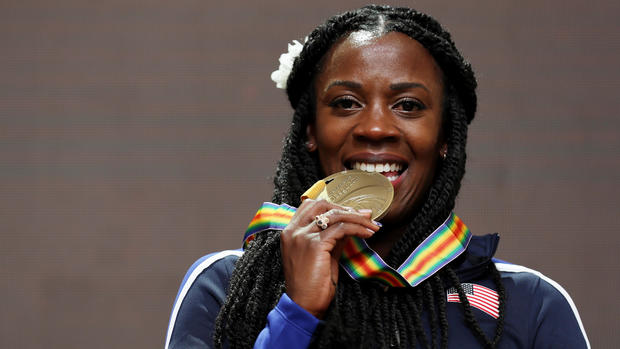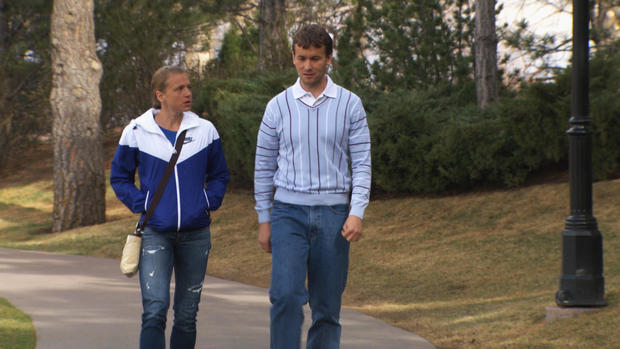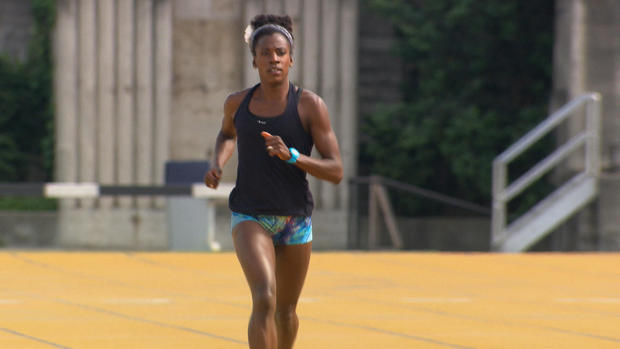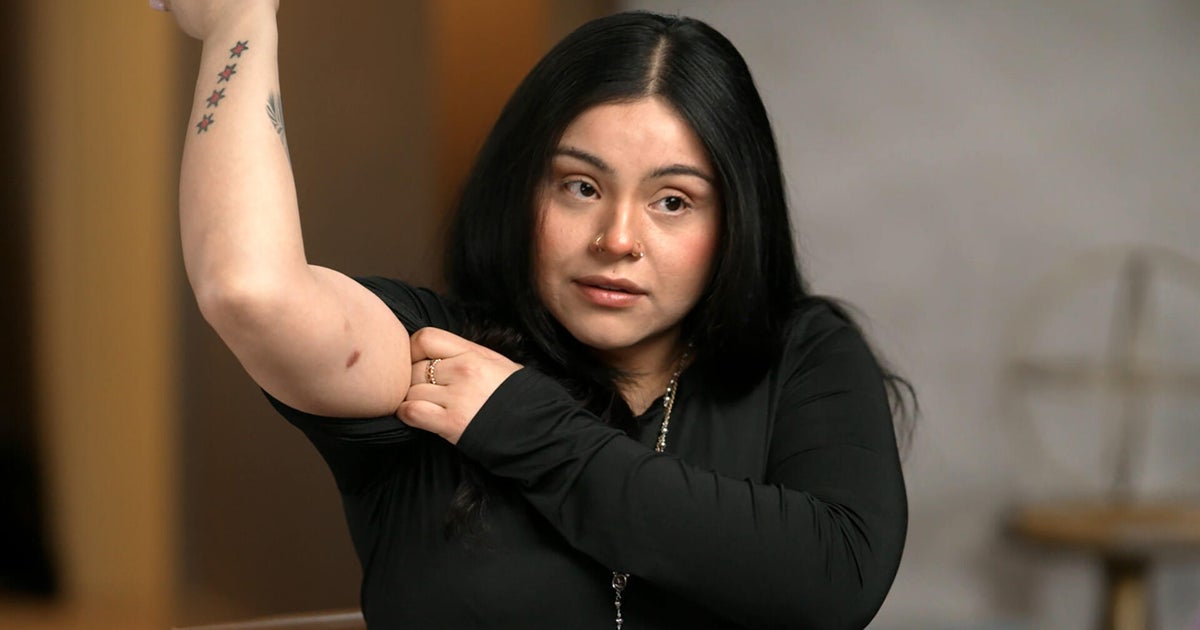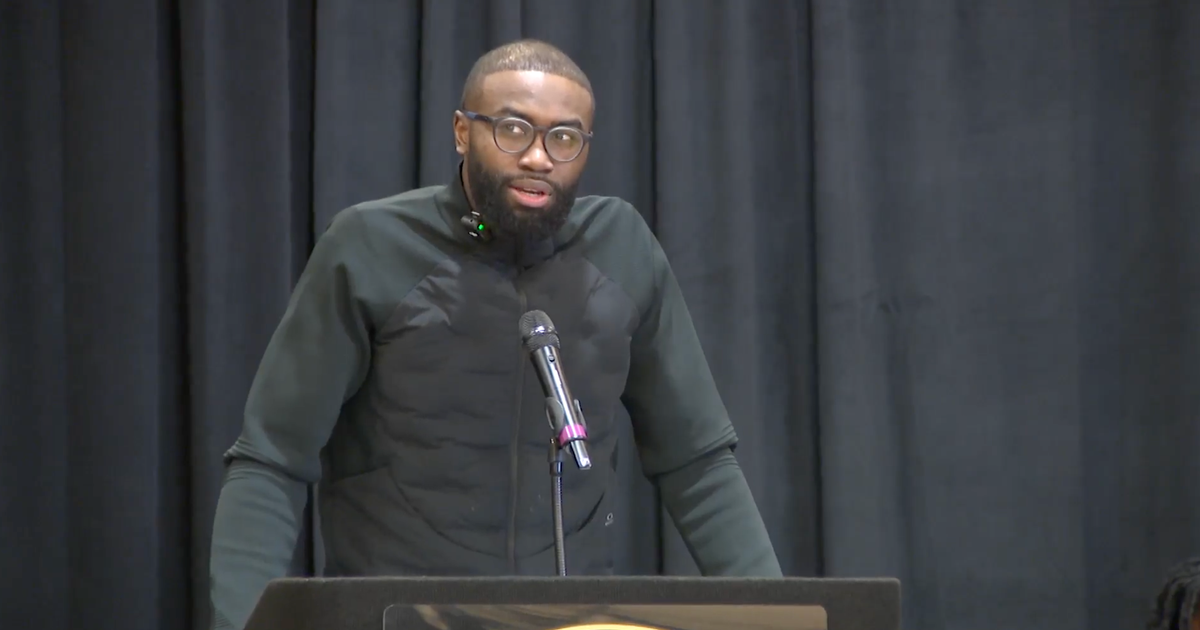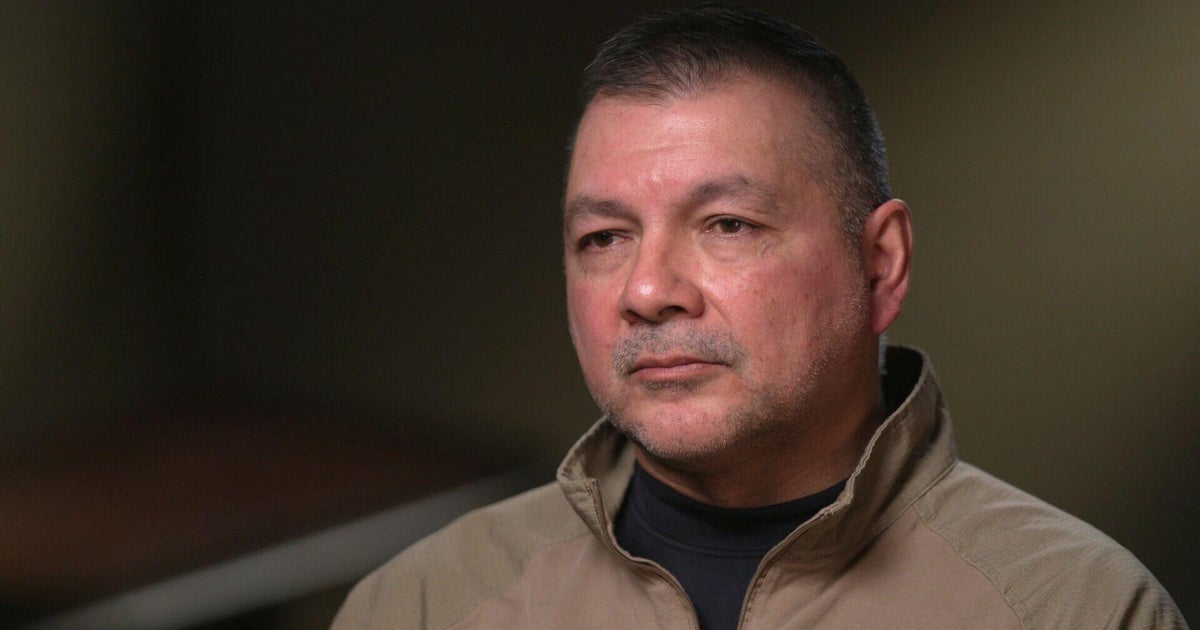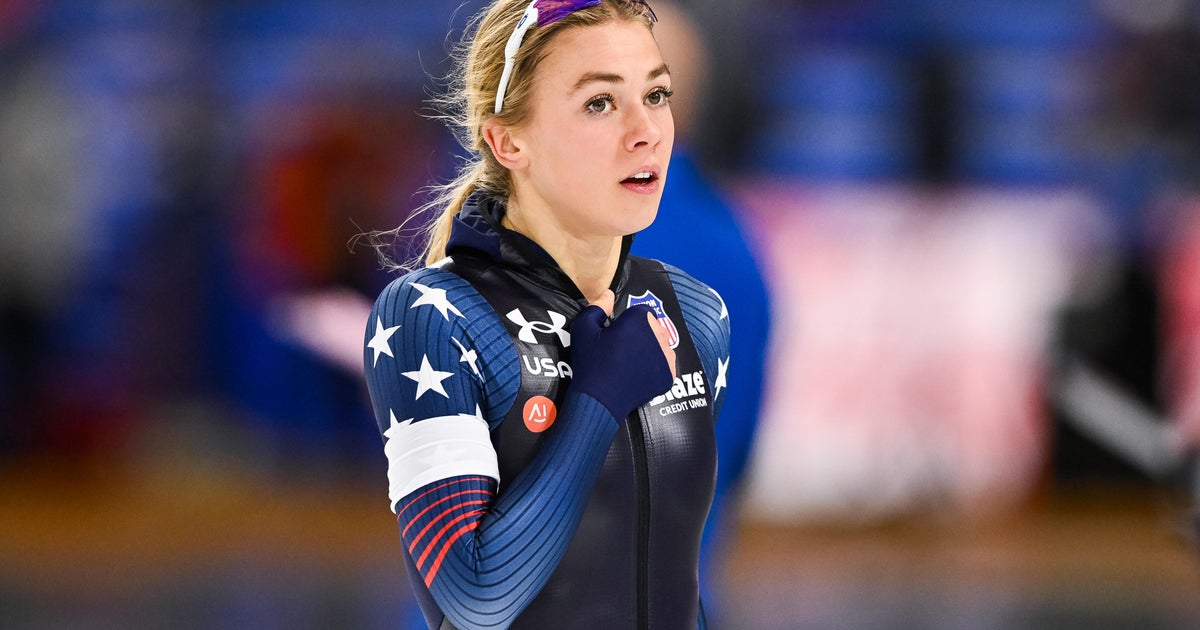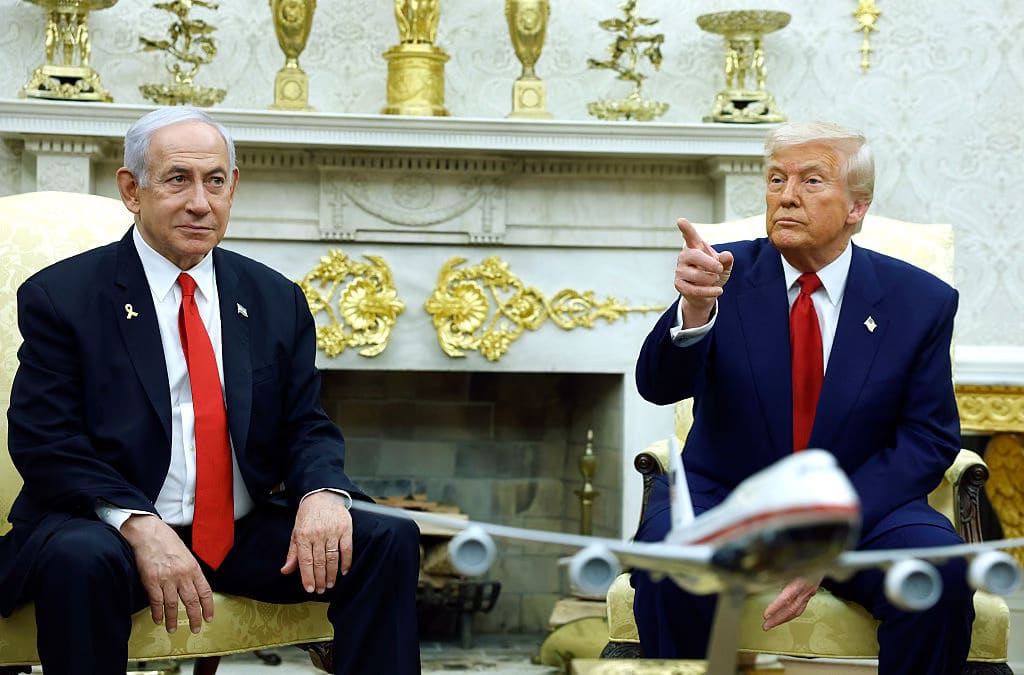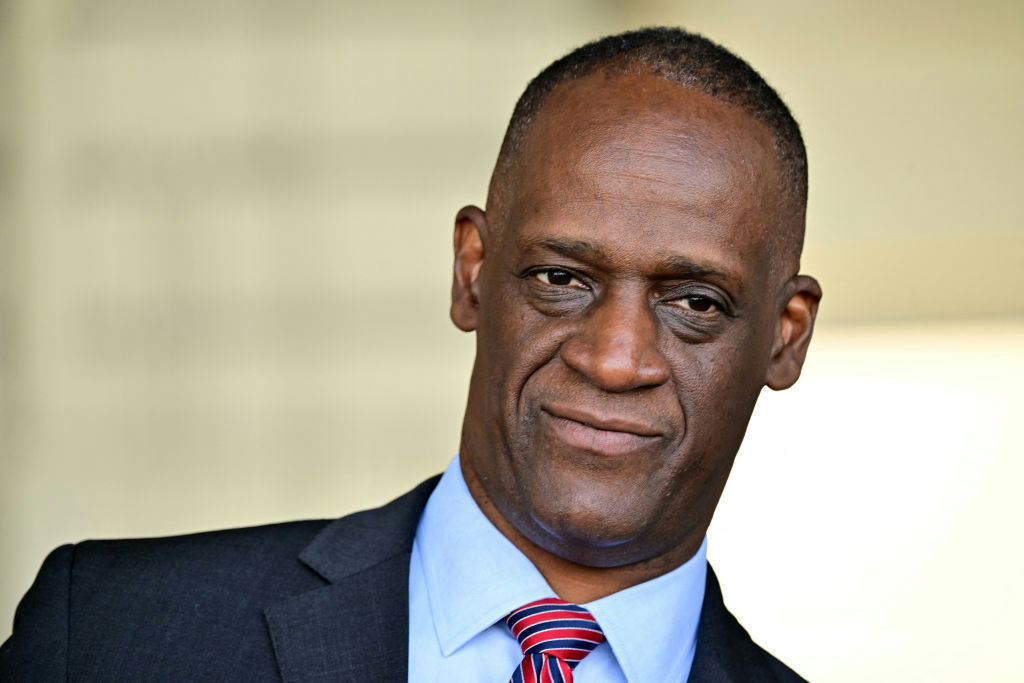Alysia Montaño finally receives medals she earned
This week at the IAAF World Athletics Championships in Doha, Qatar, American runner Alysia Montaño finally received the medals she earned—years after she crossed the finish line.
Montaño, an Olympic finalist in the 800 meter, received two world championship bronze medals on Monday for races she ran in 2011 and 2013. She had finished behind Russian Mariya Savinova, who was later disqualified for doping.
"Ask me how I'm feeling and it's still so mixed," Montaño wrote in an Instagram post following the medal ceremony Monday. "[O]verwhelmed is a word that's in there."
Montaño had placed fourth in both races, while Savinova took gold in 2011 and silver in 2013, robbing Montaño of medals at back-to-back world championships. In 2017, Savinova was officially disqualified for using steroids and stripped of medals, including the 2012 Olympic gold for the 800 meter.
On "60 Minutes" in May 2016, Armen Keteyian reported on Russia's state-sponsored system of doping. He spoke with whistleblowers Vitaly and Yuliya Stepanov, a husband and wife team who exposed the dark secrets of their country's steroid program.
Yuliya, who had previously been one of Russia's elite runners, had secretly recorded her coach giving her steroids. She also filmed Savinova talking about her drug use.
"My coach helps to cover up the tests," Savinova told Yuliya in the recording. "There is no other way to do it. Everyone in Russia is on pharma."
For his "60 Minutes" report, Keteyian spoke with Montaño about what it was like to compete in races against runners like Savinova.
"They're not really human," Montaño said. "You know, they've altered their chemical makeup in a way that I'm not going to be able to do."
Keteyian was first to report evidence of widespread cheating at the 2014 Olympic Games in Sochi, Russia, including at least four Russians who won gold medals while on steroids. The International Olympic Committee later banned Russia's track and field team from competing in the 2016 Summer Olympic in Rio de Janeiro before banning Russia entirely from competing at the 2018 Winter Olympics in Pyeongchang, South Korea.
Last month, the World Anti-Doping Agency gave the country three weeks to explain inconsistencies in data from its Moscow laboratory, or face the prospect of being banned in the 2020 games in Tokyo.
